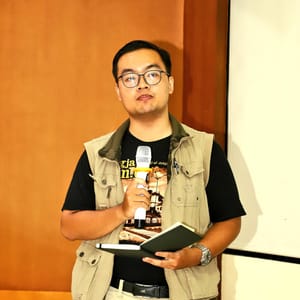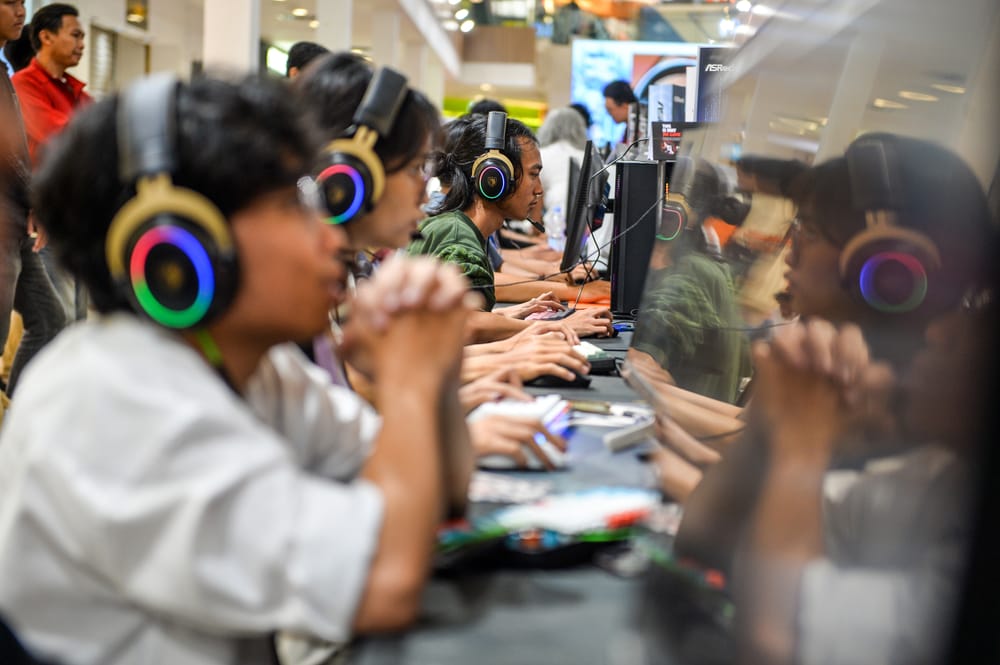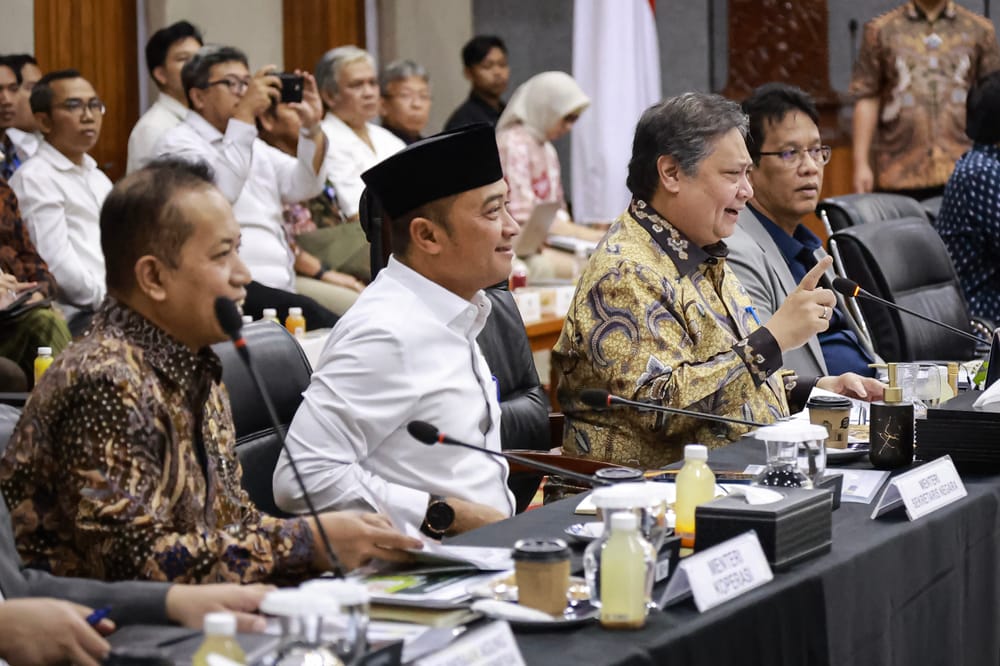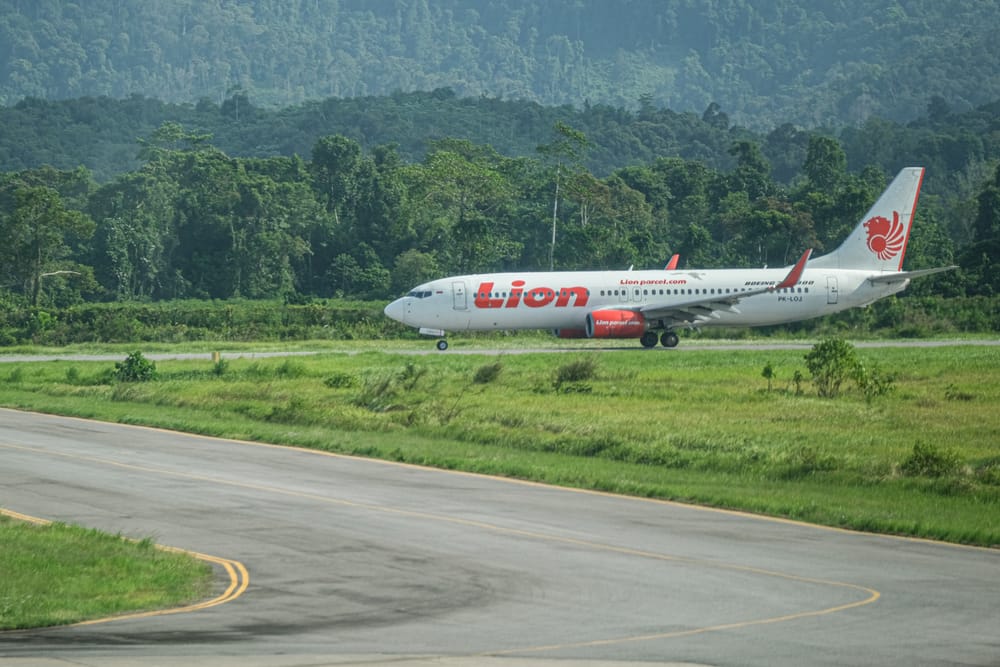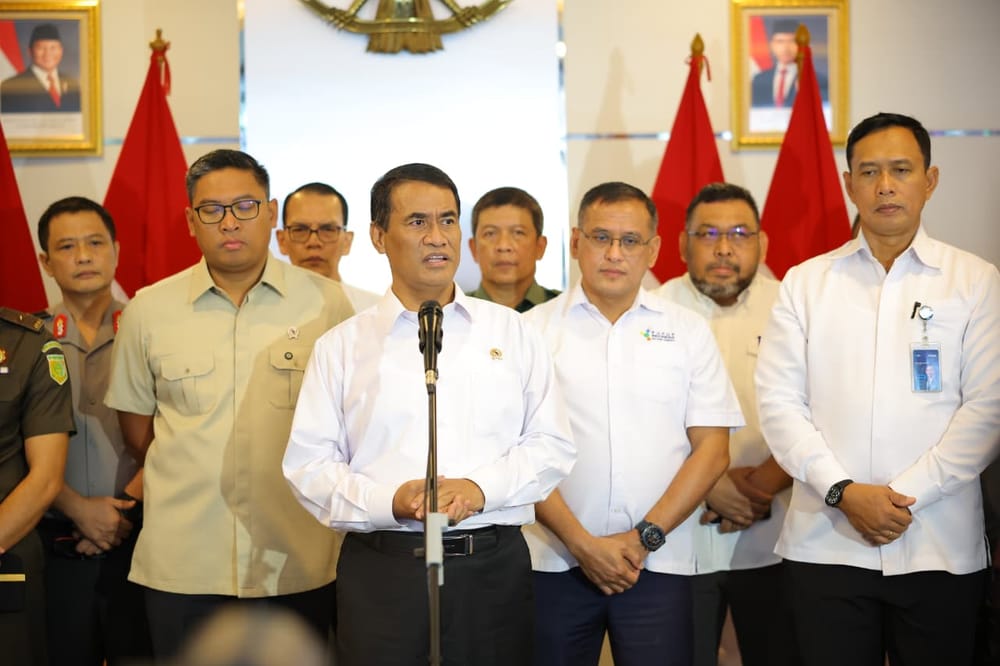The government's policy of launching an economic package without involving the labor-intensive manufacturing sector feels inappropriate. In fact, as the name implies, labor-intensive manufacturing can play a greater role in increasing the rate of worker absorption.
However, reflecting on the current economic situation, labor-intensive industries need more than just incentives to be able to expand and help the government meet its employment targets.
As part of the 17 Economic Package Programs "8+4+5", the government launched five employment programs. Namely, the Merah Putih Village/Kelurahan Cooperative, community plantations, the Merah Putih Fishing Village, revitalization of ponds along the North Coast of Java (Pantura), and modernization of fishing vessels.
In a press statement at the Jakarta Presidential Palace, Coordinating Minister for Economic Affairs Airlangga Hartarto explained that these programs had been discussed with President Prabowo Subianto in a limited meeting, Monday afternoon (15/9).
"The first, of course, is the Merah Putih Village Cooperative which will absorb 681,000 to 1 million workers until December 2025. Then, the Merah Putih Fishing Village with a target of 100 villages this year, is expected to absorb 8,645 workers," Airlangga told reporters.
The revitalization of ponds along the Pantura coast covering 20,000 hectares is claimed to absorb 168,000 workers. Meanwhile, the modernization of fishing vessels and replanting of community plantations can open up to 1.8 million jobs.
"Optimism towards economic growth will hopefully reach 5.2%, because the government, through these programs, wants to accelerate spending and increase people's purchasing power," said Airlangga.
Incentives alone are not enough
The business world regrets that of the five government programs established to absorb labor, the labor-intensive industrial sector was not taken into account.
In fact, labor-intensive industries have the main goal of expanding employment, in addition to contributing to national production capacity and strengthening economic resilience.
Chairman of the Indonesian Footwear Association (Aprisindo) Eddy Widjanarko stated that his party can understand the government's limitations in helping the labor-intensive industry to the maximum. The efforts that the government has made, such as the Labor-Intensive Industry Credit (KIPK) scheme, are also worthy of appreciation, even though the realization is still far from the set ceiling.
"What we need more is that permits are simplified and policies are not changed much by law enforcement officials. We also want the government to change the political image that the labor-intensive industrial sector is the only economic savior in terms of job creation," said Eddy when contacted by SUAR, Tuesday (16/9).
In agreement with Eddy, Chairman of the Indonesian Furniture and Handicraft Industry Association (HIMKI) Abdul Sobur stated that labor-intensive industries need certainty and easy market access more than fiscal incentives or cheap credit.
Sobur stated that there are three things that are very urgent to pay attention to and be handled immediately by the government. First, ease of export and market access. Second, proportional certification and regulation. Third, access to financing according to industry characteristics with easier requirements.
Sobur noted that the Indonesian furniture industry is still very dependent on global market demand, namely the United States, Europe and Japan. Therefore, accelerating bilateral and multilateral trade agreements and logistics facilities to reduce export costs more efficiently, accompanied by simpler and cheaper certification, is a necessity.
"The KIPK scheme is good, but difficult to access because of collateral and bureaucracy requirements. We need purchase-based financing with low interest rates, so we can fulfill large orders without being hampered by working capital," said Sobur when contacted by SUAR, Tuesday (16/9/2025).
In addition to encouragement from a macroscopic perspective, energy incentives to save production costs are also very much needed. A number of furniture centers in Central Java and West Java are currently, Sobur noted, facing high electricity and gas costs. If the incentive is given in the form of energy tariff reductions, the impact will be felt more directly for the sustainability of production.
"Incentives such as KIPK do help. But a combination of ease of export, proportional certification, financing with light requirements, and energy/logistics support is far more needed so that labor-intensive industries really survive, while growing amid global pressure," concluded Sobur.
Resolve the root of the problem
Underlining the needs of labor-intensive industry players, macroeconomics researcher at LPEM FEB Universitas Indonesia Teuku Riefky stated that in order to increase job creation in labor-intensive industries, the government must resolve the root problems that industry players have to face. Namely, regulations and legal certainty.
The government must resolve the root problems that industry players have to face. Namely, regulations and legal certainty.
"Providing incentives for labor-intensive industry players does not really solve the problem to the root, even though the target is right. As a result, even if it is positive for the community, the effect of providing these incentives will be limited," said Riefky when contacted by SUAR, Tuesday (16/9).
In addition, if providing a low-interest credit scheme is a form of government support, it should be more temporary, not a permanent solution to solve all the problems faced by industry players.
"In the future, fundamental issues, namely legal certainty, the investment climate, and regulatory reforms still need to be continuously encouraged to ensure that labor-intensive industries are productive and able to absorb labor," concluded Riefky.

